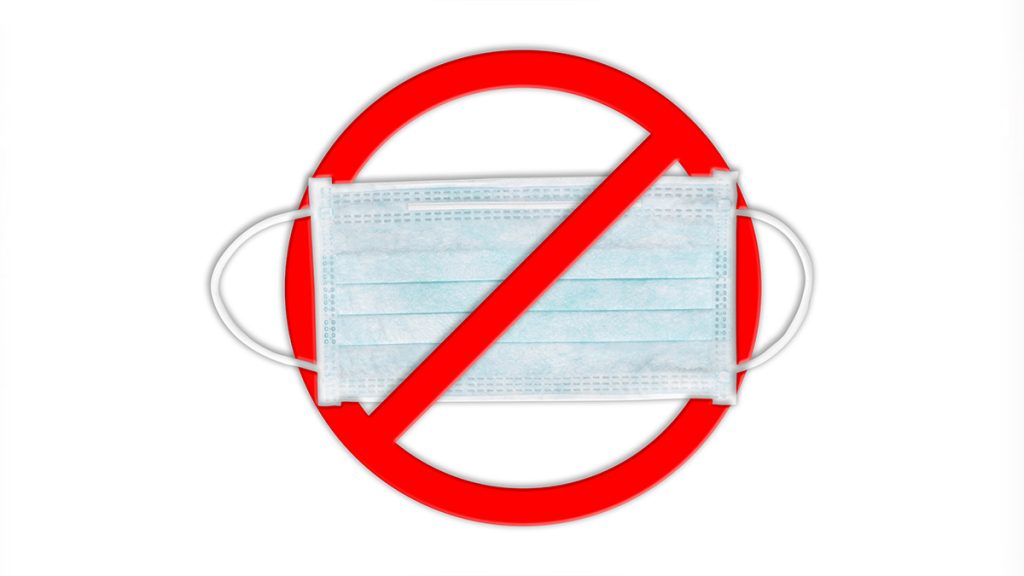Countries worldwide have taken steps to end their COVID-19 restrictions, resulting into “Now is the time to take back our everyday life”. Travelers arriving at the borders no longer will be required to take a coronavirus test before entry, people can sit elbow-to-elbow again at events with fixed seating, and sports events can take place as they did in pre-pandemic times.
Taking similar steps in loosening restrictions responsibly, the Government of the Republic of Serbia has passed the Decree on amendments of the Decree on measures for prevention and suppression of the infectious disease COVID-19 (“Official Gazette of the Republic of Serbia”, nos. 33/2022, 48/2022 and 53/2022), which entered into force on 2 May 2022.
Additionally, on the same day, the Ministry of Health of the Republic of Serbia issued the Instructions on termination of application of the Instructions on the manner of application of restrictions on entry into the Republic of Serbia, regarding persons coming from countries with special risk of infectious disease COVID-19 and, regarding persons coming from countries affected by the epidemic of infectious disease COVID-19.
By these bylaws and instructions, the Republic of Serbia abolished the majority of COVID-19-related restrictive measures for entering the Republic of Serbia.
The Government preserved the measure that, when there is a justified suspicion that the infectious disease COVID-19 may occur, citizens of the Republic of Serbia and foreign citizens coming from countries with special risk, may be ordered to have documents confirming that they are not positive for SARS-CoV-2. Also, they may be put under the measure of home quarantine for up to 14 days, with the obligation to test for the presence of the SARS-CoV-2 virus in the laboratory of the health institution of the Republic of Serbia.
Until recently, foreign citizens had to possess a negative Real-Time PCR test or some other prescribed document related to the protection against the infectious disease COVID-19 to enter the Republic of Serbia, while a mandatory quarantine was prescribed for domestic citizens who do not possess the relevant documents.
